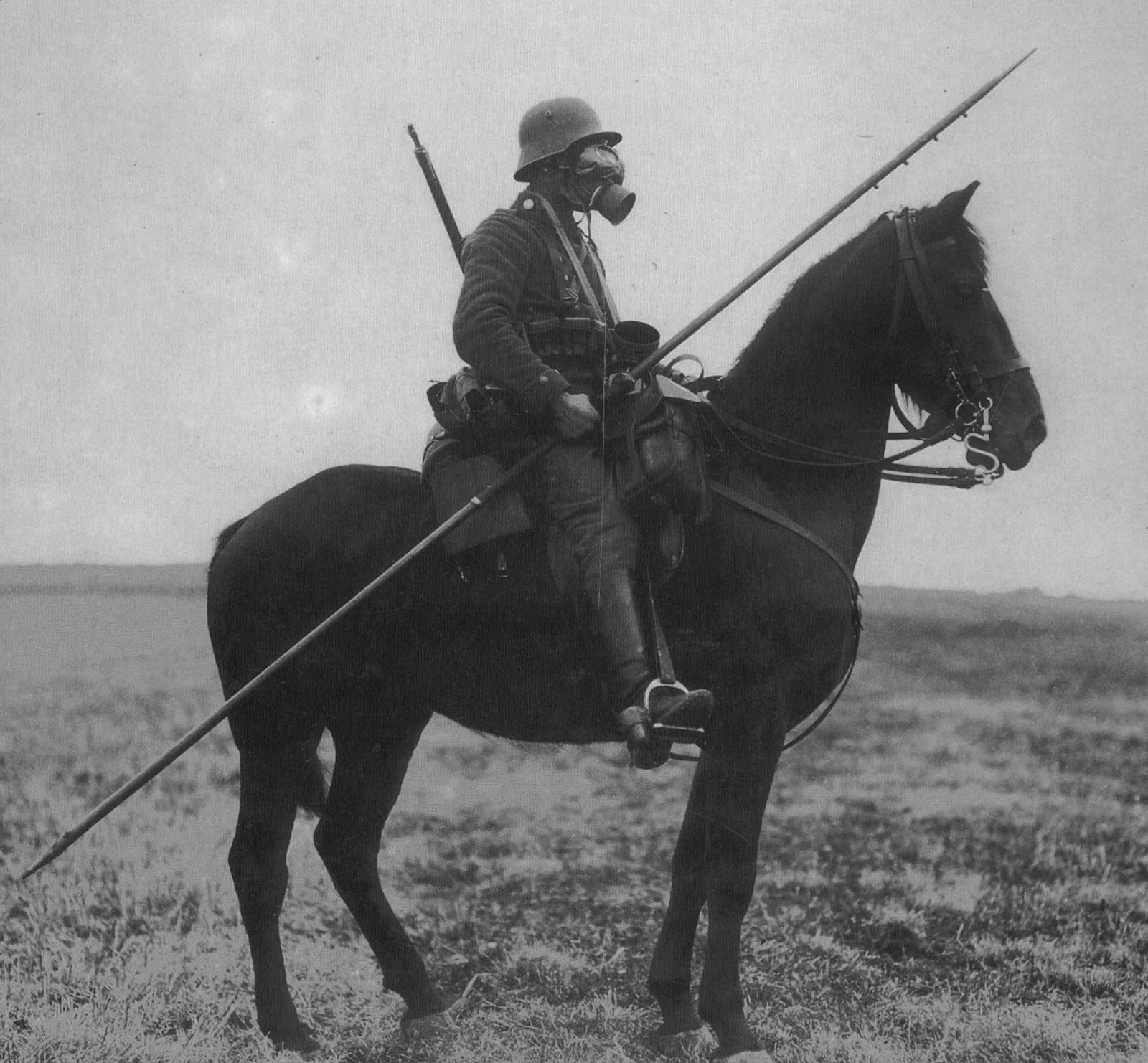Winston Churchill was imaginative, but used his imagination to come up with some extremely stupid ideas. The letter to the PM that you quote had absolutely nothing to do with tanks. The entirety of the letter (bolding mine on the part left out) and its context is:
I think it quite possible that neither side will have the strength to penetrate the other’s lines in the Western theatre. … Without attempting to take a final view, my impression is that the position of both armies is not likely to undergo any decisive change—although no doubt several hundred thousand men will be spent to satisfy the military mind on the point. …
On the assumption that these views are correct, the question arises, how ought we to apply our growing military power? Are there not other alternatives than sending our armies to chew barbed wire in Flanders? Further, cannot the power of the Navy be brought directly to bear upon the enemy? If it is not possible or unduly costly to pierce the German lines on existing fronts, ought we not, as new forces come to hand, to engage him on new frontiers, and enable the Russians to do so too?
He then went on to restate his scheme for capturing a German island as a preliminary to entering the Baltic and landing a Russian army on the German coast. This was the same scheme that had been resolutely opposed by his admirals since the beginning of the war.
While this bit of foolhardy idiocy of his wasn’t carried out, he was able to force through an equally foolhardy idea of his to seize the Dardanelles with the intention of then taking the Bosporus to open the Turkish Straits for traffic to Russia. Several hundreds of thousands - 302,000 on the Allied side to be exact - of men were spent proving the folly of Churchill’s brainchild at Gallipoli. He had equally foolish ideas in WWII; one plan of his, Operation Catherine was to heavily modify three Revenge class battleships with bulges, sail them into the Baltic and interdict German shipping. Thankfully much like his plans for the Baltic in WWI this wasn’t carried out, but much like Gallipoli in WWI he was able to force through the landing at Anzio against the sound military advice of his generals.
